Avoid These 10 Bad Driving Habits That May Actually Harm Your Vehicle
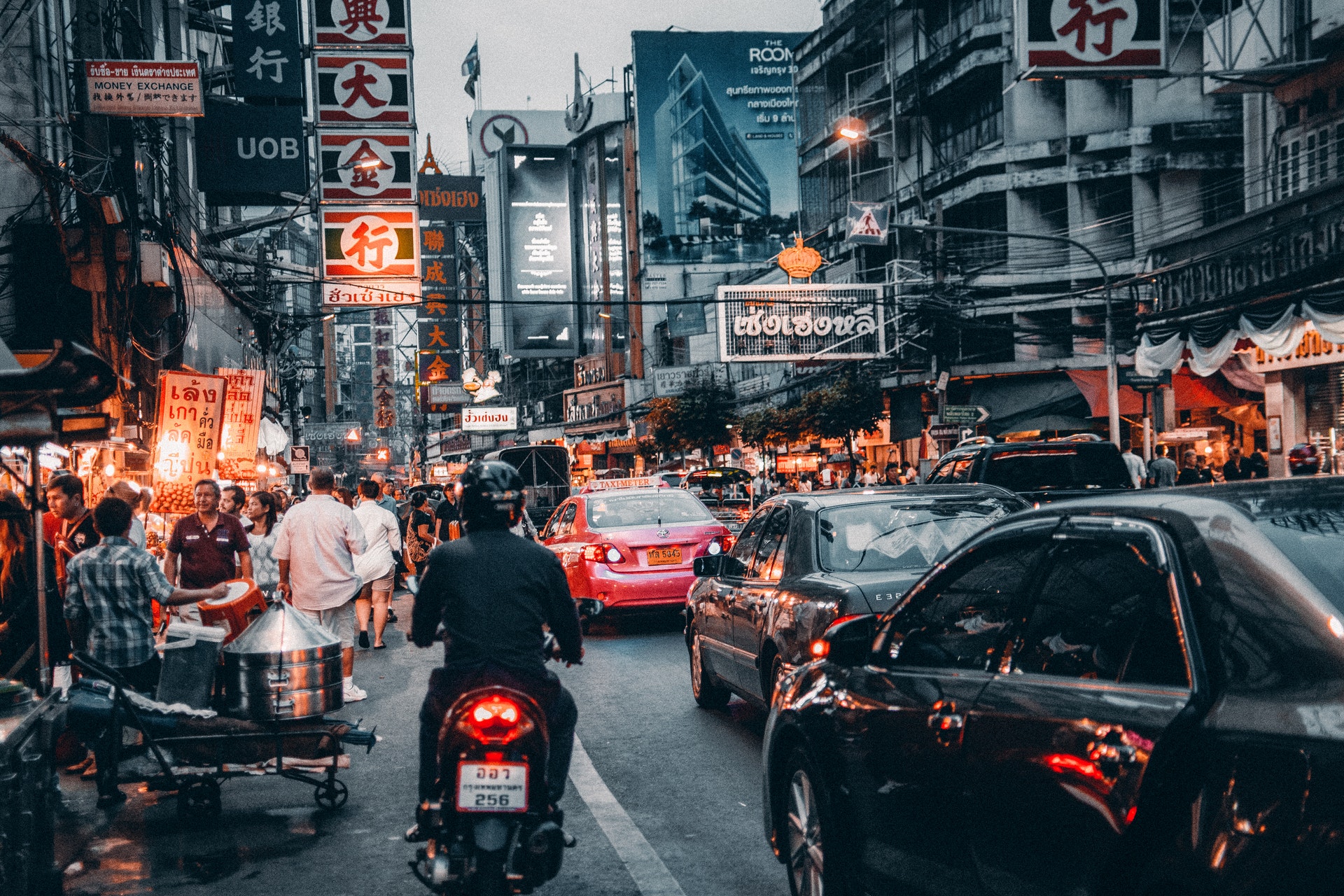 (Photo credit: Pexels)
(Photo credit: Pexels)
Ever felt like there’s something off with your car? Is fuel efficiency worsening fast? Or maybe you often run into gearbox issues? These may be the results of bad driving habits that we might not be aware of.
Human beings are creatures of habit. Once a habit is instilled, many find it difficult to get rid of.
This applies to driving habits as well, particularly those that contribute to shortening our own vehicle’s life span. But fret not, we’ll save you some trips to the workshop and lighten the burden on your wallet as we point out 10 bad driving habits that you should break immediately.
Driving on Empty Gas Tanks
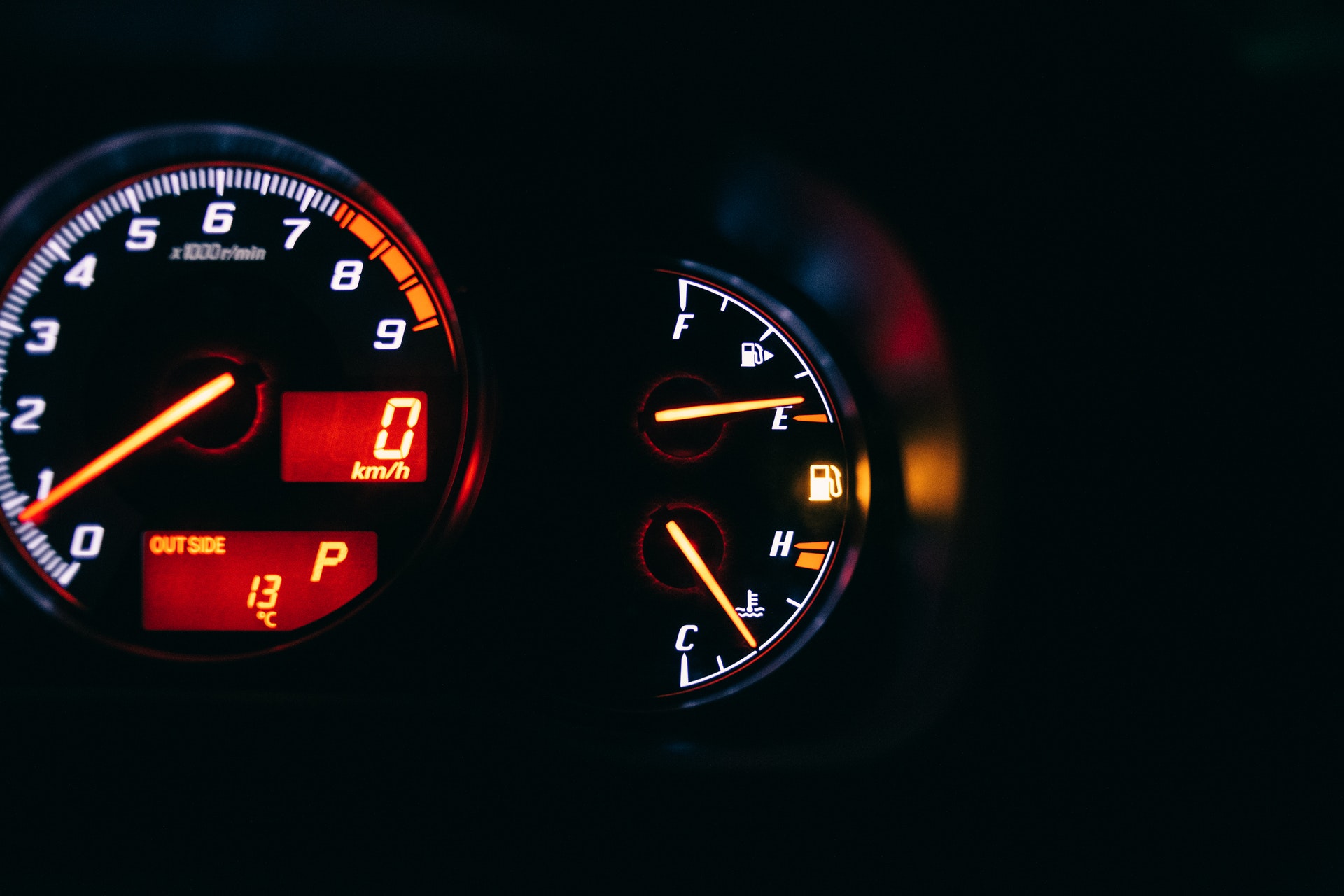 (Photo credit: Pexels)
(Photo credit: Pexels)
Have you ever gone through days surviving on small snacks that barely fill you up? It’s unpleasant and can be a struggle. Similarly, why would you put your car through that same struggle?
Furthermore, if you didn’t know, dirt and rust are present in your gas tank. Letting your gas level drop too low will cause these sediments to clog up your vehicle’s fuel filter as it enters your car’s fuel system.
It is recommended that you ensure a half tank of gas whenever you go for a drive.
Abrupt Braking and Acceleration
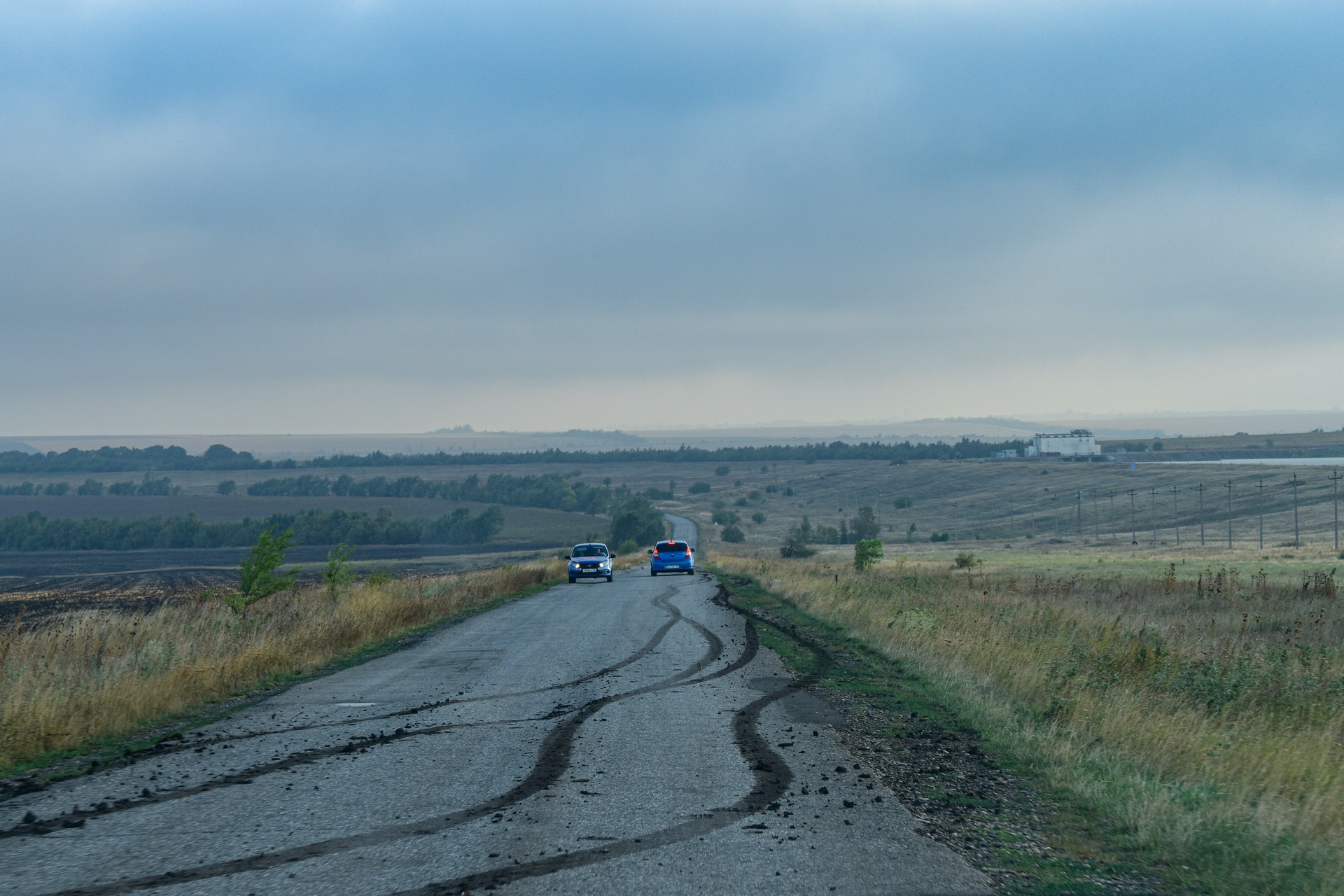 (Photo credit: Pexels)
(Photo credit: Pexels)
Thailand is notorious for its vehicle congestion, especially in the city. You will rarely find a need to hit the higher revs in traffic.
Some drivers still do it, maybe out of frustration. They then find themselves having to jam the brakes soon after.
It’s an extremely inefficient way to navigate traffic as at the end of the day, you are bound to the current road conditions. This false sense of haste is quickly depleting your petrol levels and wearing down your brake pads as well.
Have patience, your wallet will thank you for that!
Overloading Your Vehicle
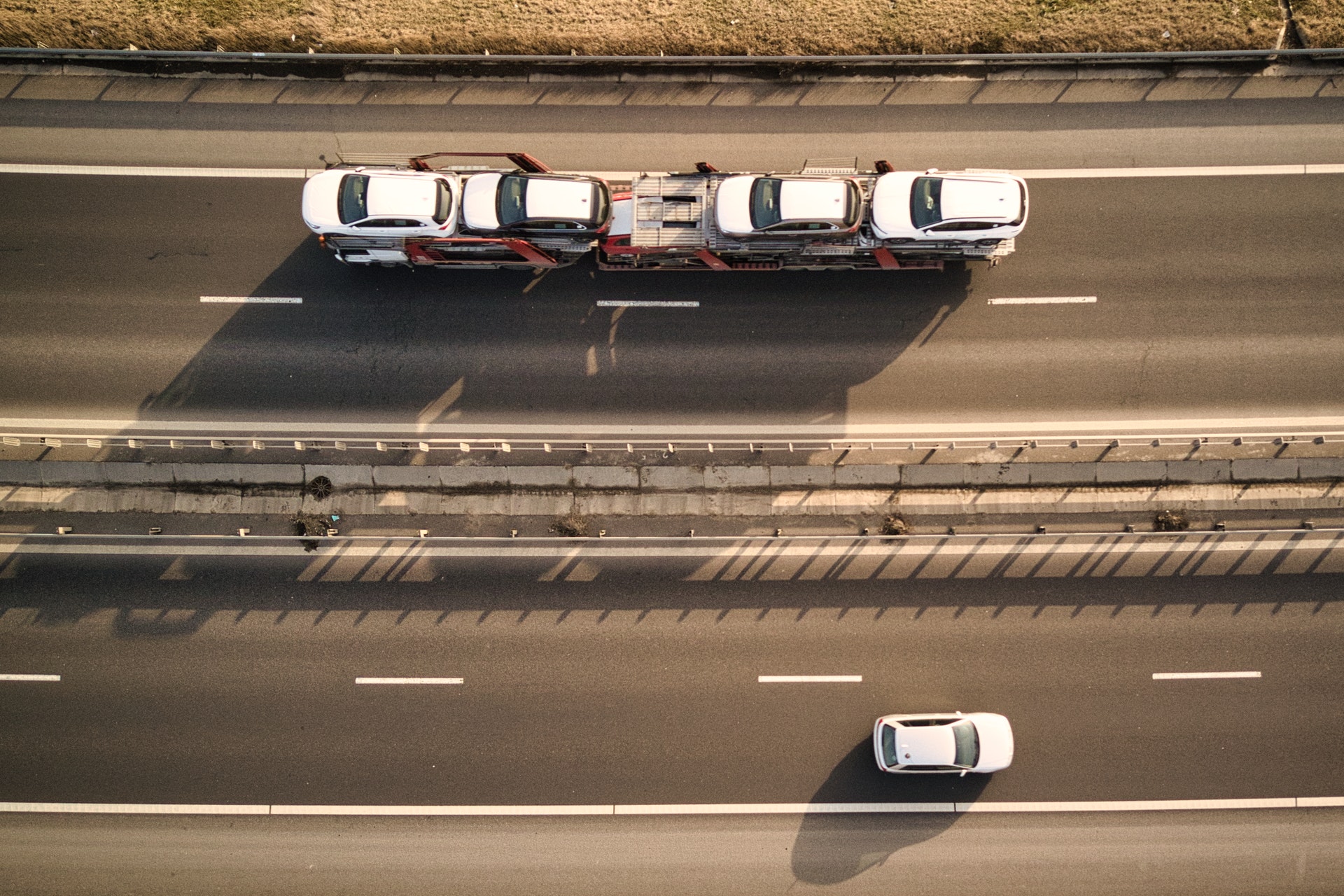 (Photo credit: Pexels)
(Photo credit: Pexels)
When too many people enter an elevator, it is deemed to be at overcapacity and safety mechanisms kick in, stopping it from moving. This is because the total weight of the load compromises the safety of the people in it.
Similarly, every vehicle has a maximum load weight that should be adhered to. Failure to do so will unnecessarily compromise your car’s suspension and brakes.
Furthermore, vehicles with a heavier load consume more fuel. Bear this in mind the next time you go furniture shopping!
Using Your Gear Shift as a Hand Rest
 (Photo credit: Pexels)
(Photo credit: Pexels)
Manual car owners are given a bye here as there is a need to constantly change gears. However, if your gear shift reads PRNDL, please stop resting your hand on it while you drive.
It is a component that is deceptively delicate and putting unnecessary strain on its selector fork can cause premature internal wear.
Let your vehicle’s hand rests do their job or better yet, keep both hands firmly on the wheel!
Heating Up a Cold Engine by Revving it
 (Photo credit: Pexels)
(Photo credit: Pexels)
We all know that driving with that blue coolant temperature light on isn’t a good idea. But it can be annoying having to sit there and wait for it to go off before driving. Impatience kicks in and you might start revving your engine to hasten the process.
However, doing this will cause an abrupt temperature change in your engine. The internal engine parts that have not had the chance to get properly lubricated with engine oil will also be prone to wear.
As with a few of the other points on this list, it does pay to be patient with your vehicle.
Changing Between the Drive and Reverse Gears While Still in Motion
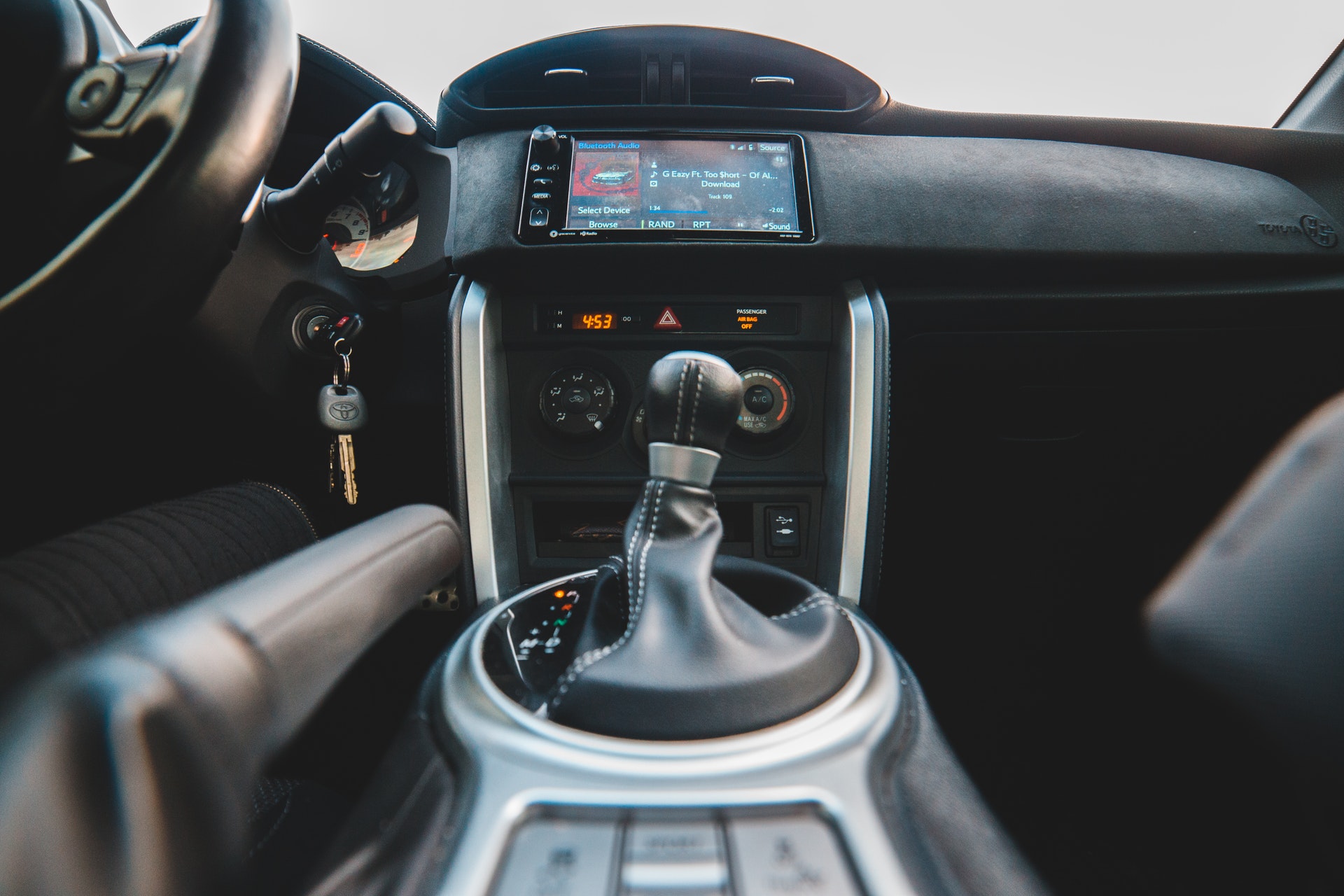 (Photo credit: Pexels)
(Photo credit: Pexels)
Most commonly done when drivers are attempting to park their vehicles. They hurriedly change gears when their vehicle hasn’t even come to a complete stop, which will damage their car’s transmission and gearbox.
Think about it this way, if you were running forward and someone were to stop you suddenly, won't you get hurt in the process? The same applies to cars as well.
Do yourself a favour and let your car rest before jerking it in another direction. Your wallet will send its thanks.
Not Engaging Your Emergency Brakes After You Park
 (Photo credit: Pexels)
(Photo credit: Pexels)
The parking pawl within an automatic transmission system stops your car’s wheels from turning by locking up its transmission.
If the entire weight of your car is resting on it, you will wear out the parking pawl, rendering the “P” gear useless.
Help distribute some of the weight off it by engaging your emergency brakes!
Clutching in at Traffic Lights (Manual Cars Only)
 (Photo credit: Pexels)
(Photo credit: Pexels)
Driving schools teach you to put your car in neutral at traffic lights for a reason! Clutching in would mean that there is unnecessary pressure on the pressure plate, release arm, and release bearing of your vehicle due to the weight of your foot.
Remember to set to Neutral gear and engage handbrakes instead. Only clutch in and change up gears when you’re ready to move off.
Overusing Your Brakes When Travelling Downhill
 (Photo credit: Pexels)
(Photo credit: Pexels)
The beauty of engine braking (the act of switching to a lower gear to slow down your vehicle) is that it greatly reduces the reliance on your brakes and therefore your brake pads.
This is especially useful during downhill drives as the greater forces needed to stop or slow down your vehicle will wear your brake pads faster if you’re only using normal braking
The proper technique would be to use engine braking accompanied by light, occasional braking to allow the brake pads to cool off.
Blissfully Ignoring the Warning Signs
 (Photo credit: Pixabay)
(Photo credit: Pixabay)
Your car communicates with you in various ways. Those warning signals on your dashboard are the vehicle’s mouthpiece, telling you that it needs some attention.
Don’t just ignore them just because your car can still move or to save a few baht. You might end up spending more later on if the issue escalates. It can even potentially save your life!
Do you know of any other bad driving habits commonly seen on Thai roads? Let us know in the comments below!
Claim your free car valuation today!
Want to find out the value of your car? Get in touch and we'll give you an obligation-free valuation in just 24 hours.
